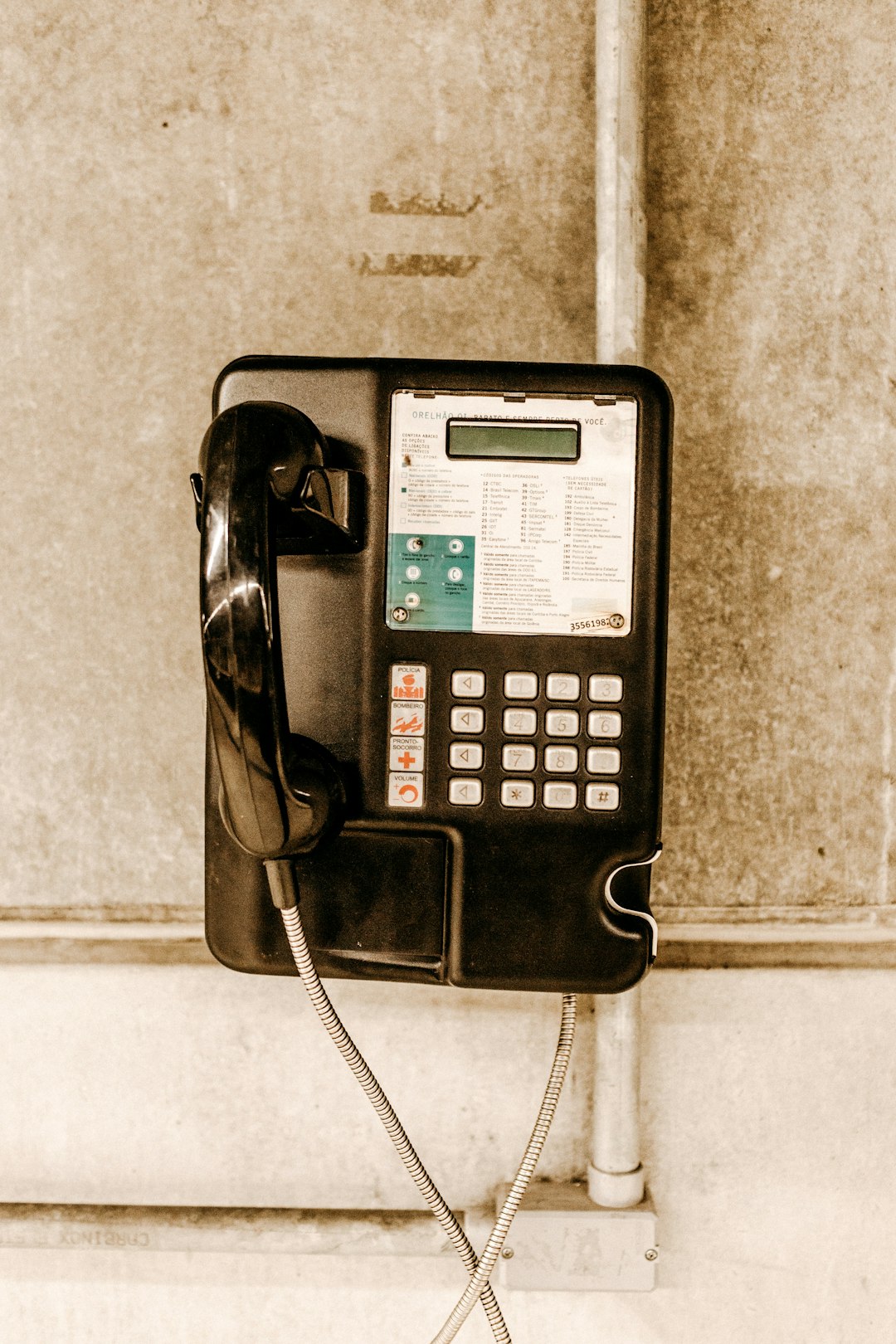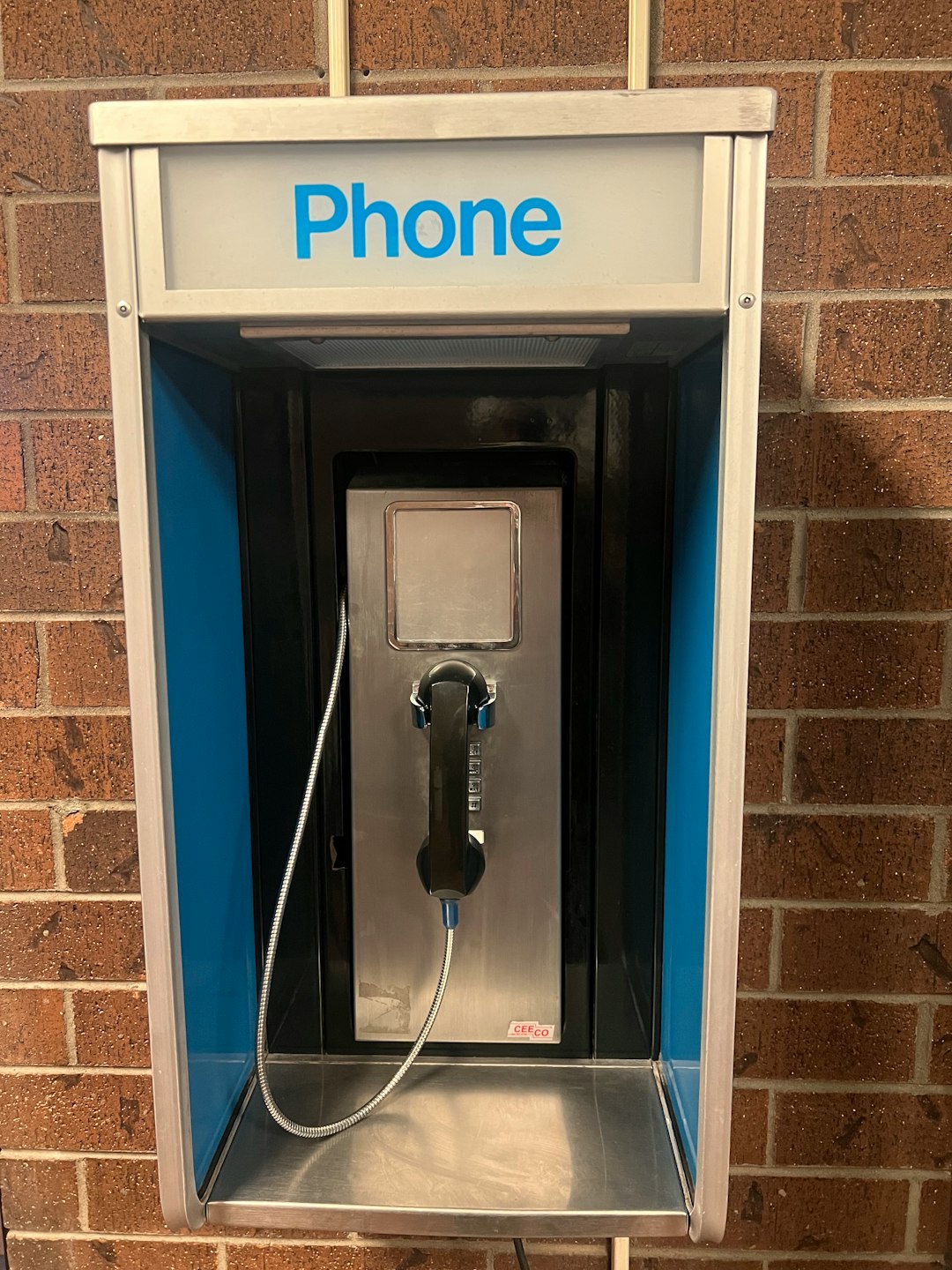In Iowa, both spam texts and robocalls are regulated by state and federal laws, including the Do Not Call registry enforced by the Federal Trade Commission (FTC). Robocall laws prohibit automated voice messages unless the caller has an established business relationship. Violations can result in significant fines for businesses. Protect yourself by using Do Not Call registries, opting out of promotional texts, and consulting a robocall lawyer specializing in telecom laws. Key terms to search include robocall Lawyer Iowa, spam call law firm Iowa, and lawyer for unwanted texts Iowa.
In the digital age, Iowa residents face a persistent problem: spam texts and robocalls. These unwanted intrusions not only disrupt daily life but also pose significant legal and privacy concerns. Understanding the laws and regulations surrounding these issues is crucial. This article explores various strategies to protect yourself, your business, and the role of law firms specializing in spam call laws Iowa and robocall lawyer services. We’ll delve into the legal actions available, the power of Do Not Call lists, and effective business combat tactics against these persistent pests.
Understanding Spam Texts and Robocalls in Iowa: Laws and Regulations

In Iowa, both spam texts and robocalls are regulated to protect residents from unsolicited and intrusive communications. The Do Not Call laws, enforced by the Federal Trade Commission (FTC), extend to text messages, giving Iowans the right to opt-out of receiving promotional or advertising texts. Violations can result in significant fines for businesses and robocall lawyers in Iowa are often involved in enforcing these regulations.
Iowa’s robocall laws specifically prohibit automated or prerecorded voice messages except under certain circumstances, such as when the caller has an established business relationship with the recipient. These laws aim to curb the prevalence of unwanted calls, which can be a significant nuisance and even pose security risks. A robocall attorney in Iowa may assist individuals who have been harassed by such calls, helping them understand their rights and take legal action if necessary.
How to Protect Yourself from Unwanted Phone Calls and Messages

Protecting yourself from unwanted phone calls and messages is an important step in maintaining privacy and peace of mind. In Iowa, several laws are in place to combat robocalls and spam texts, such as the Do Not Call registry and specific regulations for automated messaging. Registering your number on the state’s Do Not Call list is a crucial first step; this will prevent most automated calls from reaching your line. Additionally, many phone service providers offer features like call blocking and advanced filtering to further shield you from these intrusive messages.
For more comprehensive protection, consider consulting with a robocall lawyer or attorney in Iowa who specializes in telecom laws. These legal professionals can guide you on the specific regulations, such as those governing robocall laws and spam call practices, ensuring your rights are protected. They can also help you understand your options if you’ve been the victim of excessive or illegal robocalls or text messages, offering advice on potential legal courses of action.
Legal Actions Against Robocallers and Spammers in Iowa

In Iowa, both state and federal laws provide protections against robocalls and spam text messages. The Telephone Consumer Protection Act (TCPA) is a key federal law that restricts automated calls to telephone numbers assigned to wireless devices. Additionally, Iowa has its own Do Not Call registry and laws that prohibit unsolicited telemarketing calls and texts.
If you’ve received unwanted robocalls or spam texts, you may have legal recourse. Robocall lawyers in Iowa specialize in representing individuals who have been victims of such harassing calls. These attorneys can help navigate the relevant laws, file complaints with regulatory bodies, and even pursue legal action against the culprits. A robust law firm specializing in spam call cases can ensure that your rights are protected and that you receive compensation for any resulting distress or financial loss.
The Role of Do Not Call Lists and Law Firms in Preventing Spam

In the battle against spam texts and robocalls, Do Not Call lists are a powerful tool. Residents of Iowa can register their phone numbers on state-maintained or national Do Not Call registries to limit unsolicited calls, including those from robocall lawyers or attorneys. These lists prohibit commercial calls to registered numbers, offering individuals greater control over their communication preferences.
Law firms specializing in robocall laws and spam call attorney services play a crucial role in enforcing these regulations. Such legal experts can help uncover the sources of unwanted texts and calls, providing relief to clients affected by spam. They work within the framework of Iowa’s robocall laws to hold perpetrators accountable, ensuring that businesses and individuals respect the privacy and communication choices of Iowans.
Effective Strategies for Businesses to Combat Robocalls and Spam Texts

To effectively combat robocalls and spam texts, businesses in Iowa can implement several robust strategies. One key approach is to invest in advanced call screening and blocking technologies that can identify and filter out unwanted calls at the network level. Additionally, integrating a Do Not Call list into their customer databases and regularly updating it can significantly reduce the volume of spam calls.
Businesses should also train their staff to recognize and handle robocalls and spam texts promptly. This includes implementing procedures for safely disposing of or reporting suspicious calls and messages. Engaging with reputable law firms specializing in robocall and spam call laws, such as those offering services from Iowa, can provide crucial legal guidance and support. These law firms can assist businesses in understanding the applicable robocall laws in Iowa, ensuring compliance, and taking appropriate legal action against persistent offenders.






